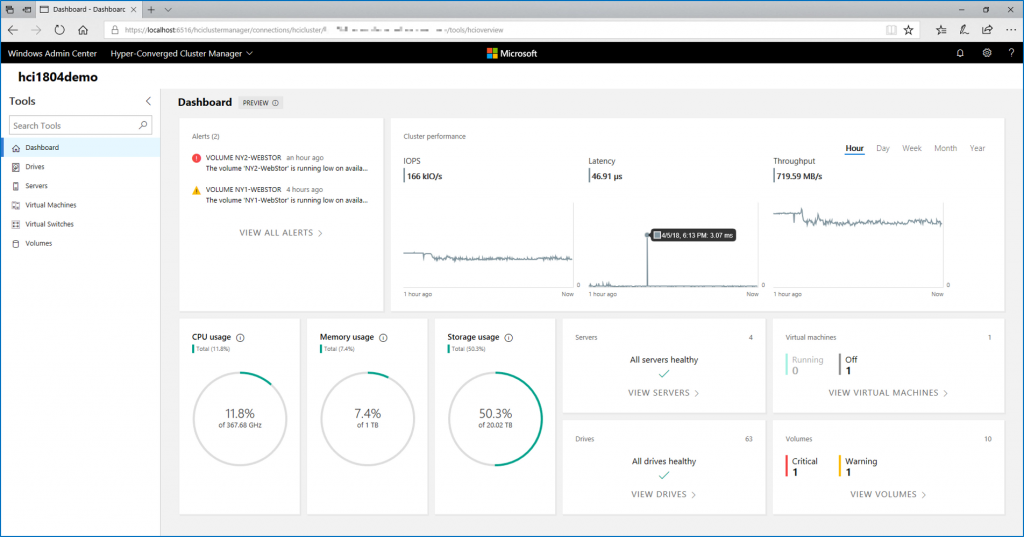

#Windows server 2019 user cal 50 pack windows#
Windows Server 2019 Additional Licenses are available from HPE in increments of 2, 4, and 16 cores. In addition, for every 2 VMs added in Windows Server 2019 Standard, all of the cores of the server must be licensed again. This means, if the server has more than 16 cores, Additional Licenses must be utilized. However, these licenses differ when you look at Virtual Machine licensing: Windows Server 2019 Standard provides licensing for 2 VMs, while Windows Server 2019 Datacenter permits unlimited VMs.Īnother important rule of Windows Server core-based licensing is that all physical cores of the server must be licensed. Both Windows Server 2019 Standard and Windows Server 2019 Datacenter base licenses cover up to 16 processor cores. The first rule of Windows Server core-based licensing is that every server requires a minimum of a single Windows Server 2019 base license. Now, let's jump in to the different types of licenses starting with Base Licenses. Windows Server 2019 Standard and Windows Server 2019 Datacenter follow a core-based licensing model, where licensing requirements are determined based on the number of server cores instead of the number of processors.įor today's blog, we will focus on core-based licensing rules and requirements.This means that licensing is based on the number of server processors. Windows Server 2019 Essentials follows a processor-based licensing model.It is important to understand the licensing models for each edition of Windows Server 2019 and how they work. Let's take a closer look at the Windows Server licensing required for utilizing RDS, to help businesses make smart licensing decisions.Ĭore Based Licensing vs Processor Based Licensing That's because many businesses are considering using Microsoft Remote Desktop Services (RDS) to enable technologies that support remote workers. But now, that conversation may be more important than ever.

When an organization purchases Windows Server OEM licensing with their HPE ProLiant server, it's always important to make sure they understand their complete licensing needs, especially client access licenses (CALs).


 0 kommentar(er)
0 kommentar(er)
